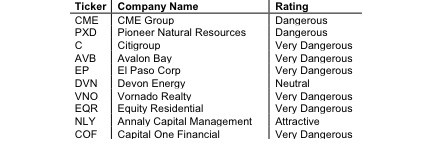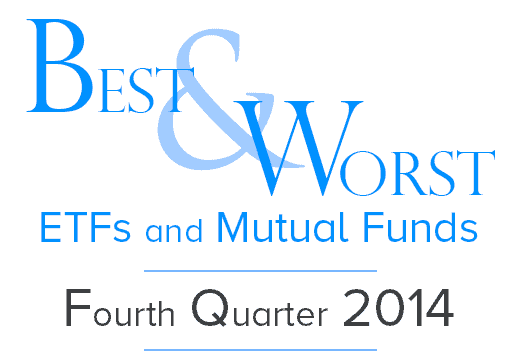As one financial scandal follows another, it seems the good guys are having a tougher time catching the bad guys. Recent revelations about MF Global’s ponzi scheme are another reminder of how our regulatory and oversight systems seem to let whales pass through their net.
As I chronicled here, in the financial industry, the private sector has a serious advantage over its public sector counterparts. The Securities and Exchange Commission (SEC) is out-gunned in terms of resources and talent whenever it faces off against Wall Street. Making matters worse, many of the public sector employees charged with keeping watch on the private sector are compromised by their desire to get a better-paying job from the very people they are supposed to be regulating. Click here for more on this issue.
Since getting out of the stock market is not an option for most investors, I offer some advice to help investors protect themselves based on their own diligence so they are not as dependent on our regulators.
Focus on economic earnings instead of the accounting earnings to which companies and Wall Street constantly direct your attention. Economic earnings are better than accounting earnings because they are:
- Adjusted for accounting distortions
- Based on the complete financial data set provided by the company, not just the income statement
- Standard across all companies – allowing for apples-to-apples comparisons
The primary sellers of stock (companies and Wall Street) direct attention to accounting earnings because they can manipulate accounting earnings. This assertion is backed by my experience, scientific studies and empirical evidence.
Not surprisingly, companies do not make it easy to calculate economic earnings[1]. Accounting rules are rife with loopholes and exceptions that enable companies to manipulate their accounting results. Calculating economic earnings takes a lot of work in the form of gathering necessary data from financial footnotes and some fairly complex modeling. I offer a complete guide on how to calculate economic earnings here.
And share some insights from New Constructs economic earnings analysis of over 3000 stocks. The stocks below have the most overstated accounting earnings.
Figure 1: Most Overstated Accounting Earnings By Dollar Amount

Figure 2: Most Overstated Accounting Earnings As a % of Revenue

I think is it is more than a little interesting that the financial (including REITs) and energy sector stocks dominate both lists. My regular readers know of my writings on Citigroup.
My regular readers also know that investment decisions should not be made based on profitability alone. valuation is very important. Figures 3 and 4 provide my ratings on the stocks presented in Figures 1 and 2.
Figure 3: Ratings on Companies with Most Overstated Accounting Earnings

Figure 4: Ratings on Companies with Most Overstated Accounting Earnings

Note that none of the stocks above get my very attractive rating. Just as interesting, there are a few stocks that get an attractive rating.
Overall, however, dangerous and very dangerous stocks dominate the lists. This suggests that profitability analysis is pre-eminent to securities analysis. If the profitability of the company is bad enough, there is almost no way it can be a good stock.
Investors should short or sell all of the Very Dangerous-rated stocks: C, AVB, EP, VNO, EQR, and COF. Investors should sell the Dangerous-rated stocks: BAC, JPM, T, GE, WFC, AIG, CME, PXD. Avoid Neutral-rated stocks. And consider buying the Attractive-rated stocks: XOM, CVX, and NLY. However, I strongly recommend buying only our Very Attractive-rated stocks, many of which are available on our Most Attractive Stocks newsletter.
The main takeaway for investors is: do your homework because no one else is doing it for you, especially not the folks trying to sell you stock.
Disclosure: I have a short position in EQR. I receive no compensation to write about any specific stock, sector or theme.
